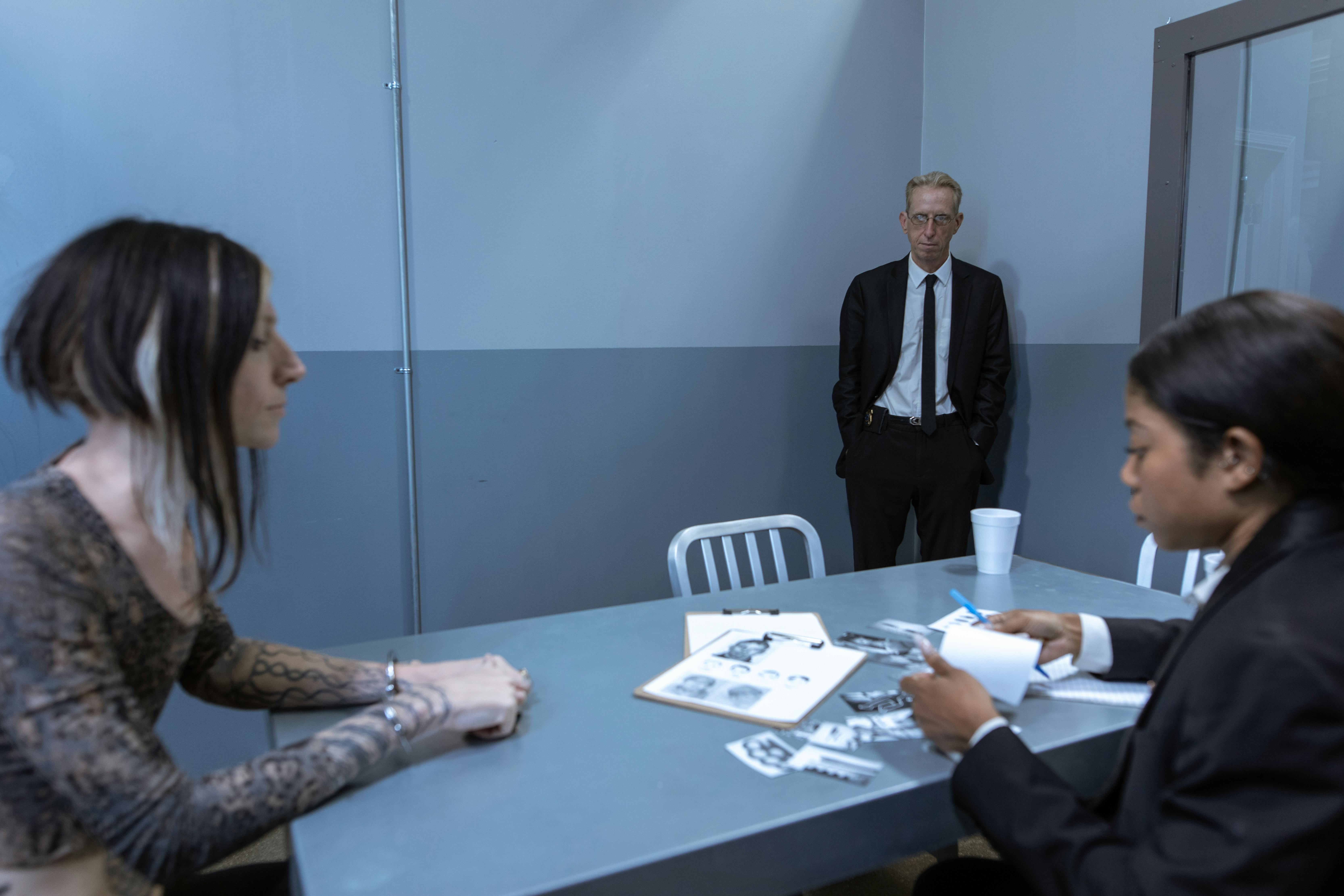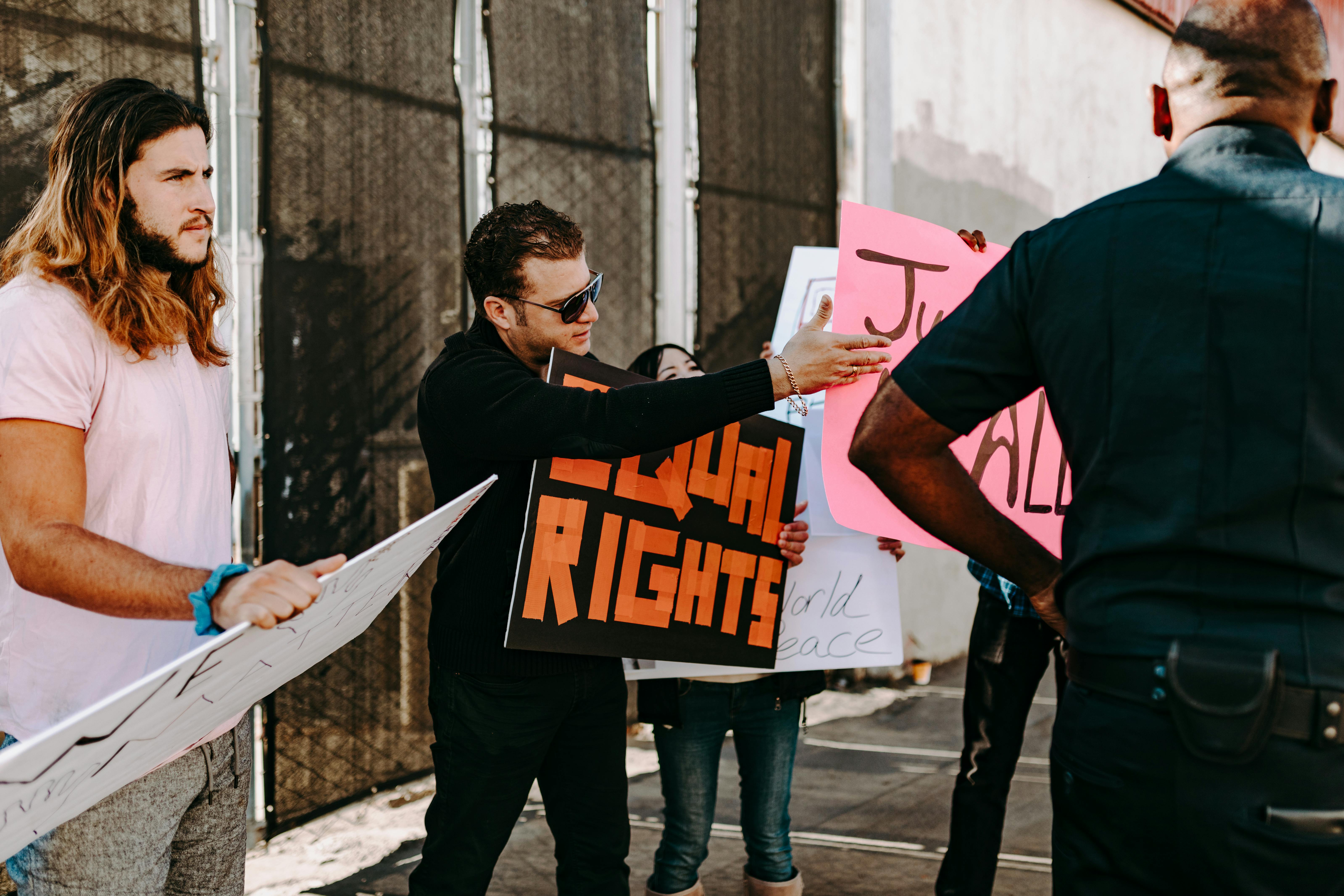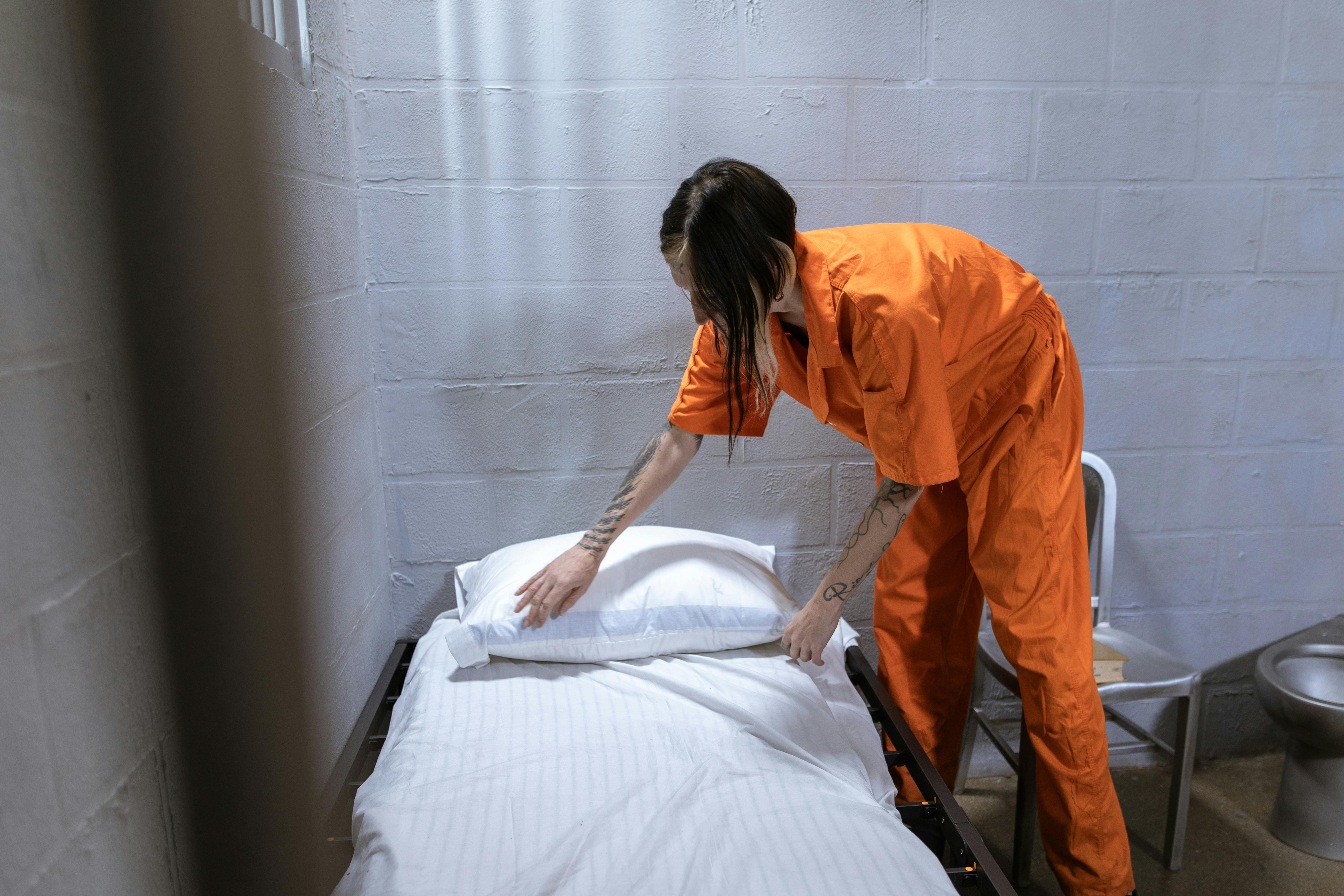There are many changes to look forward to as your beautiful pup grows. In this article we will focus on the development of your puppy between 20 and 24 weeks of age.
A step-by-step guide to puppy behavior between 20 and 24 weeks of age
Your pup will remain energetic and full of energy and will remain eager to learn. aim it’s going to be bigger and maybe a little bolder. This is the point in your puppy’s behavior and development where he can gather all of his training and take stock of all that you both have learned. Believe it or not, but this is the point where everything starts to fall into place, as long as you are consistent and don’t get too relaxed and let bad habits start creeping back.
- At this point in your puppy’s life, you should look at his breed, as this can determine how he behaves.
- Your pup will begin to show his confidence and independence. This is fine when he is in the park or garden, but can be problematic when he is confined to the house; this can be manifested by chewing and biting on household objects. Stay tuned and resolve issues as they occur.
- You should also expect trouble if your pup isn’t well exercised and mentally stimulated – keep his toys interesting and new.
- Don’t get too relaxed as potty accidents can start to happen, so be on the lookout!
- It may start to get a bit too boisterous and jumping, hopping, or other horseplay. You need to be aware of this as accidents can happen and if you have a large breed they could be serious.
- If you have a smaller breed of dog, they will begin to enter their teens, so be prepared for the hormonal changes that occur when a dog reaches sexual maturity. This can include aggression and scent marking in a male dog and in a female dog (puppy) expect to see some odd potty trouble and even some poop around the house. Unfortunately, this behavior can last up to three years.
- Male puppies between 20 and 24 weeks may begin to paw up around the house and have selective hearing when out for a walk.
- Mood swings are normal for puppies of either sex, and concentration problems can occur during hormonal changes.
- You must remain the leader of the pack and the dominant male, so eat first Y go through the door first – do not move out of the way if your dog harasses you – all this will reaffirm your authority.
- As your pup grows and grows, you should start to increase his exercise.
- The last of his deworming treatments are due now and then every three months.
- Check if it needs to be detached.
- The permanent teeth will be almost gone, so keep an eye out: clean them every day with a brush or decent dog dental chews.
- Your pup may need to have his ears plucked to keep his ear canal neat, tidy and uncluttered.
- Always keep your dog stimulated with decent stimulating toys – make sure chew and chew toys are larger so he doesn’t choke.
- Talk to your vet if your puppy needs to be neutered.
- It may be worth enrolling in advanced dog training classes.
I hope you have enjoyed this brief introduction to this important stage in puppy behavior and development. In the next article we will focus on the stage of development when your puppy becomes an adult.



